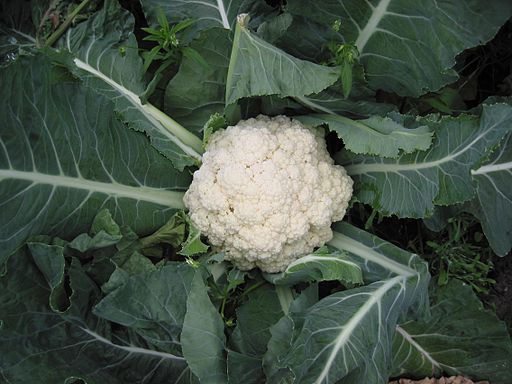
In 1970, economist Milton Friedman set out a bold claim in a New York Times op-ed: “The Social Responsibility Of Business Is to Increase its Profits.”
More than 50 years later, we find ourselves embroiled in episode X of “OMG, a restaurant is introducing a food I find suspicious, they’ve gone WOKE.”
Last August, it was Cracker Barrel’s “Impossible Sausage[TM]” offering. Now it’s Chick-fil-A’s cauliflower sandwich. Twitter’s a-twitter. Fox is flummoxed. Another social conservative foodie favorite off the reservation and catering to those dirty hippies! Dogs and cats living together! Mass hysteria!
Don’t these folks ever calm down?
While often wildly misinterpreted as calling for the freedom of corporations to poison its customers directly or indirectly if it enhanced their bottom lines, Friedman’s point back then was more nuanced and made quite a bit of sense:
Increased corporate profits are — all other things being equal, anyway, even if that seldom happens — a function of customer satisfaction. If what you sell and how you sell it pleases more people, you end up selling more stuff to more customers.
Making more people happier is pretty much the only measurable way to define “social responsibility.” And the profit and loss statement tells the tale of success or failure at doing that.
So, why did Chick-fil-A put time, money, and work into developing a “plant-forward” product? “[I]t was becoming more and more prevalent,” the chain’s director of menu and packaging, Leslie Neslage, told USA Today, “that customers really want to find ways to increase vegetables in their diet.”
After experiments with e.g. mushrooms and tomatoes, cauliflower won out with focus groups. It pleased more people. It seemed likely to bring in more customers, be they chicken-lovers doing Meatless Monday or health-conscious eaters, perhaps dining with their chicken-loving families. And, therefore, to sell more food and generate higher profits.
It may or may not work out, but it seems pretty “socially responsible” in the Friedmanite sense. And pretty much the opposite of “woke,” if that word means anything other than “sure to feed the emotional fires of the perpetually outraged.”
Simmer down, social conservatives. Don’t panic. Chick-fil-A isn’t replacing its to-die-for Spicy Deluxe sandwich or delectable waffle fries. You’ll still be able to get them, if I don’t get to them first. And since you probably use the drive-thru window, the likelihood of a scary encounter with one of those filthy, bike-riding, cauliflower-eating hippies is minimal.
Thomas L. Knapp (Twitter: @thomaslknapp) is director and senior news analyst at the William Lloyd Garrison Center for Libertarian Advocacy Journalism (thegarrisoncenter.org). He lives and works in north central Florida.
PUBLICATION/CITATION HISTORY
